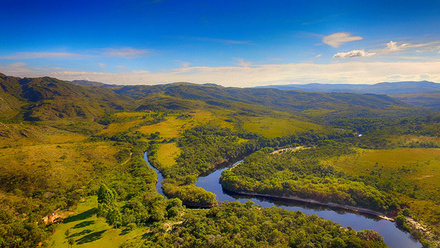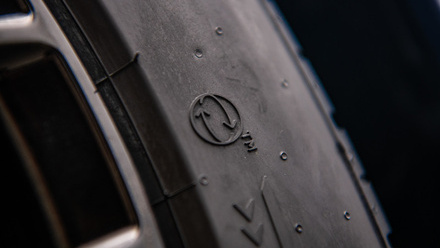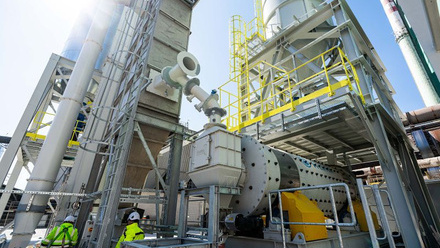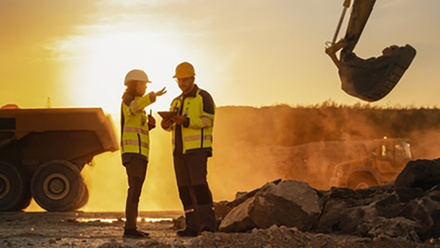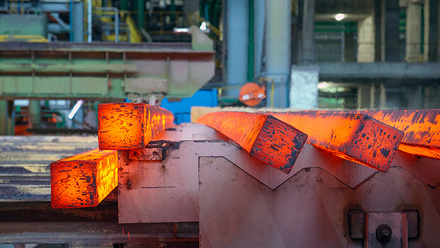Over 70% of critical minerals face drought risk
A PwC report finds over 70% of copper, cobalt and lithium production could face significant or higher drought risk by 2050 in a high-emissions scenario.
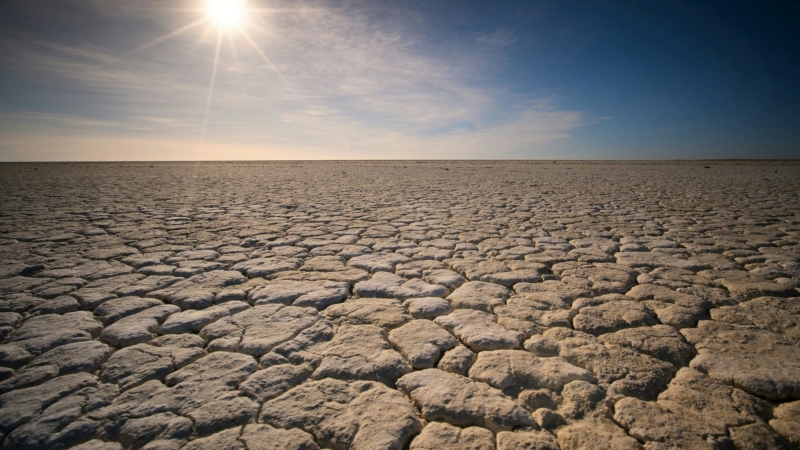
Less than 10% of copper production faces significant or greater drought risk today, rising to over half in a 2050 low-emissions scenario and over 70% in a high-emissions scenario, according to the PwC report.
CEOs need to accelerate their action plans to safeguard the production of commodities critical to the global population and economy, as heat stress and drought risk rise globally, according to publication Climate risks to nine key commodities: Protecting people and prosperity.
The report analyses nine commodities across critical minerals (copper, cobalt, lithium), key crops (wheat, rice, maize) and vital metals (zinc, iron, aluminium), and found that although reducing emissions will decrease heat and drought risks, key commodities will still face significant stress, even under a low-emissions scenario modelled by PwC.
The report states, even if global carbon emissions rapidly decrease, 87% of the world’s rice production, more than 70% of cobalt and lithium production, and around 60% of the world’s bauxite and iron production will be at risk by 2050.
The report also states that production of all nine critical commodities is concentrated in a limited number of countries – many of which face increasing climate risks.
For each resource, at least 40% – and as much as 85% – of its global supply is produced from a distinct set of no more than three countries.
Although the report highlights the possibility of managing this risk, with 47% of CEOs saying they are already focused on protecting their workforces and physical assets from climate risk.
Emma Cox, Global Climate Leader, PwC UK, says, ‘Even if global carbon emissions rapidly decrease, climate disruption poses a serious and growing threat to the world’s ability to produce essential commodities – including food as well as materials that are themselves essential to the net zero transition. While CEOs are taking action to both cut emissions and adapt to climate change, more needs to be done.’



